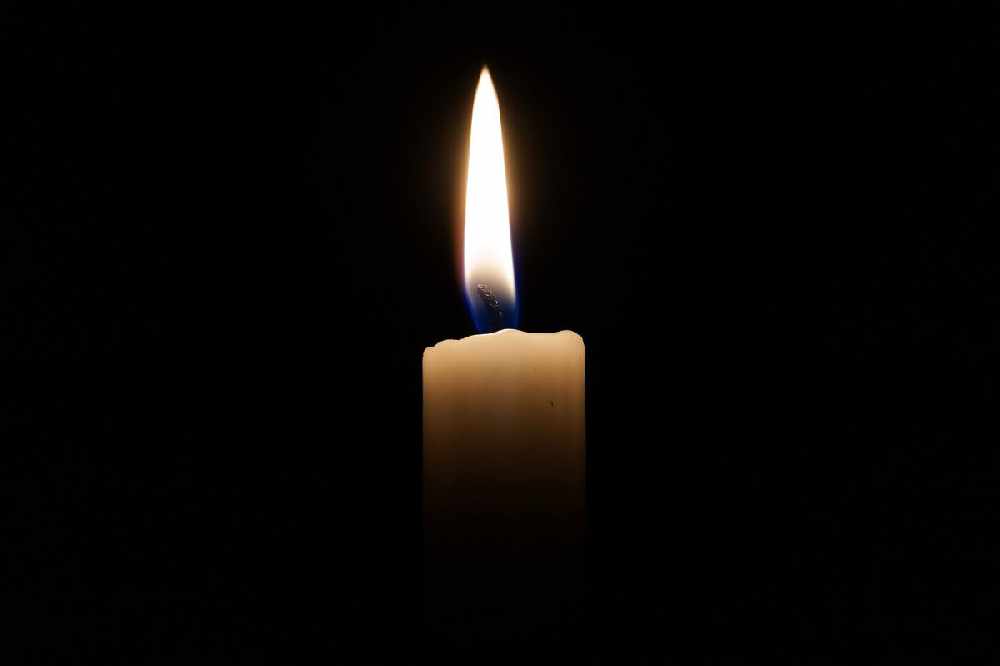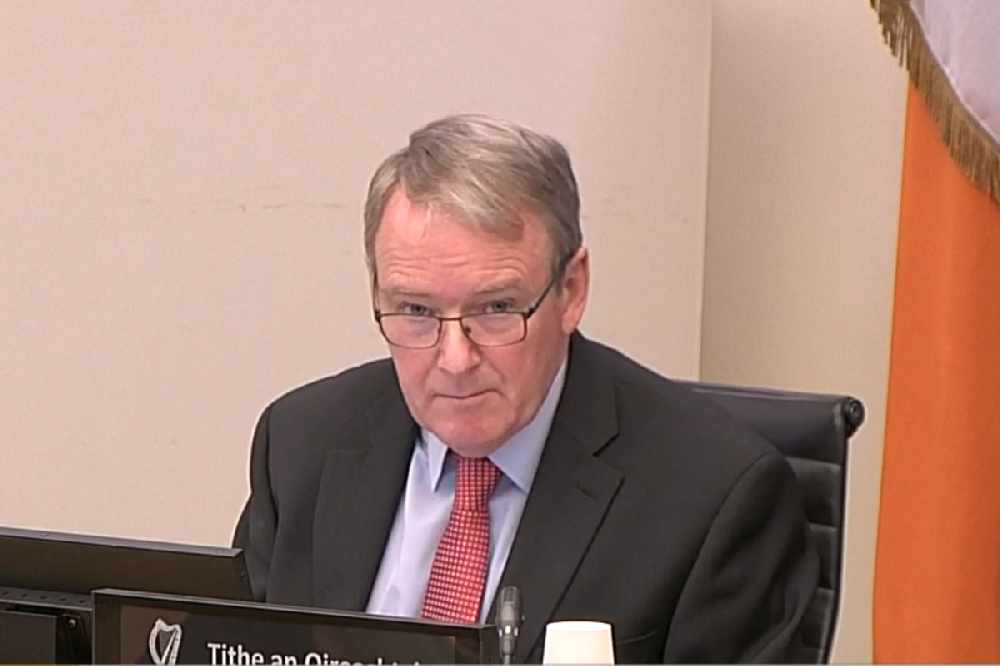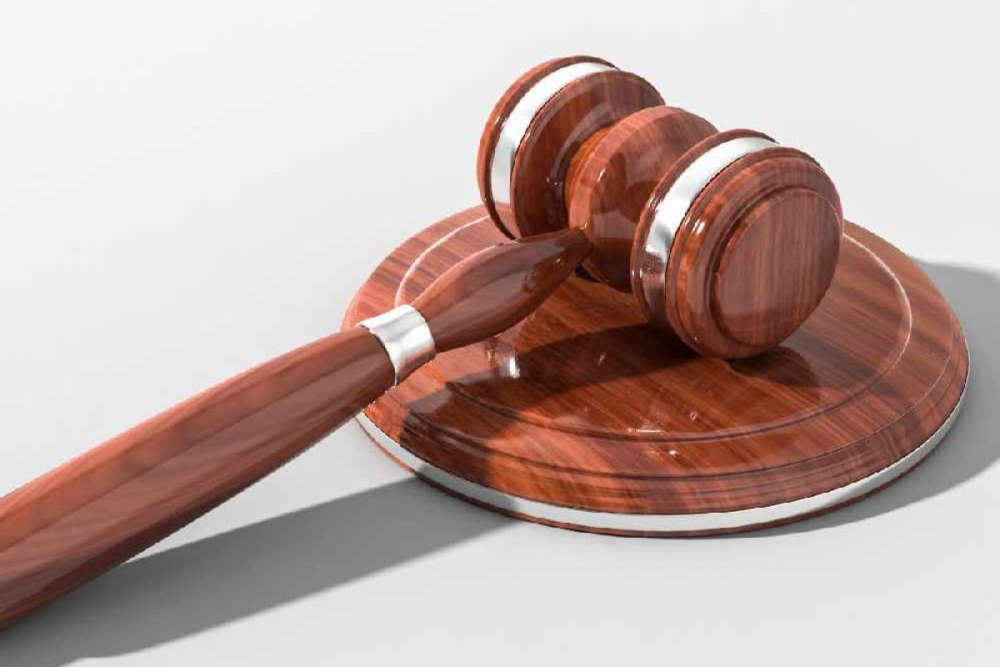
It was believed the documents were being stored in Portlaoise.
The loss of land records dating back to the 1800s is being likened to losing "the very soul of rural Ireland".
'Working' documents from the Land Commission - which oversaw the ownership of land in Ireland until 1999 - are stored in a warehouse in Portlaoise.
However, it's now it's now feared historical correspondence over the last century has been destroyed.
Given the wealth of information gathered, the records offered much more than administrative detail.
Speaking on Midlands Today, Professor Terence Dooley from the History Department at Maynooth University says the significance of the documents cannot be overstated;
"What we're looking at here are documents that would reveal what would say is the very soul of rural Ireland, the social history of rural Ireland.
"Map everything, not only in relation to the transfer land, also how people lived their everyday lives, what their attitudes were towards life and living in rural Ireland.
"A hugely important social cache of documents."
The Land Commission, which was first established in 1881, would have received tens of thousands of letters on an annual basis relating to the ownership and transfer of land and all that came with it.
It was believed the historical records had been stored safely in Portlaoise, along with what's known as the more current, 'working' documents.
However, it's now emerged that they may have been destroyed over the last number of decades;
"But in that case, records like these should have been deposited elsewhere, possible in the National Archives of Ireland where they could have been stored for historical research long, long into the future," added Professor Dooley.
"So if these decisions were made in the past, it certainly wasn't with an eye to the future and our future understanding of the way the Land Commission operated.
"I would argue that the Land Commission was the most important state agency working out of rural Ireland - at least as important as the Roman Catholic Church in the decades after independence.
"So any loss of any of its records would therefore be hugely detrimental to our understanding of the history rural Ireland."


 Inquest Hears Cause Of Death Of Offaly Farmer Can't Be Determined Due To Embalming
Inquest Hears Cause Of Death Of Offaly Farmer Can't Be Determined Due To Embalming
 Over €30,000 Allocated To Over 80 Sports Clubs Across Westmeath
Over €30,000 Allocated To Over 80 Sports Clubs Across Westmeath
 Gardai Seize Car In Laois With No Gear Stick
Gardai Seize Car In Laois With No Gear Stick
 Numbers of Ukrainians Arriving In Westmeath Slows In Past Year
Numbers of Ukrainians Arriving In Westmeath Slows In Past Year
 Westmeath Band Announce Tour Dates
Westmeath Band Announce Tour Dates
 Laois TD Wants Lambing Season Legislation
Laois TD Wants Lambing Season Legislation
 Laois County Council To Pay €40k To Solve Rat Infestation
Laois County Council To Pay €40k To Solve Rat Infestation
 Rise In Drink Driving In Midlands
Rise In Drink Driving In Midlands
 Westmeath Drive-Thru Gets Green Light
Westmeath Drive-Thru Gets Green Light
 Laois Man Who Died In Workplace Accident To Be Laid To Rest Monday
Laois Man Who Died In Workplace Accident To Be Laid To Rest Monday
 Uncertainty On Incoming US Pharma Tariffs A 'Killer'
Uncertainty On Incoming US Pharma Tariffs A 'Killer'
 EU Commission President Should Resign If No Air Traffic Reform Passed - Ryanair
EU Commission President Should Resign If No Air Traffic Reform Passed - Ryanair
 Permission Granted But Where's The Progress? - Brian Stanley
Permission Granted But Where's The Progress? - Brian Stanley
 Midlands Weekend Festival Guide
Midlands Weekend Festival Guide
 "A Gentleman" - Tributes Paid To Laois Man Killed In Workplace Accident
"A Gentleman" - Tributes Paid To Laois Man Killed In Workplace Accident
 Westmeath Customers Facing Water Supply Disruption
Westmeath Customers Facing Water Supply Disruption
 Fifteen Private Clinics Operating In Public Hospitals In Laois And Westmeath
Fifteen Private Clinics Operating In Public Hospitals In Laois And Westmeath
 Inquest Hears Ventilating Laois Baby In First 11 Minutes After Delivery Not A Factor In His Death
Inquest Hears Ventilating Laois Baby In First 11 Minutes After Delivery Not A Factor In His Death
 Carers Push To Be Heard In Next Budget
Carers Push To Be Heard In Next Budget
 New Late Night Cafe Scheme Set To Launch In Laois
New Late Night Cafe Scheme Set To Launch In Laois